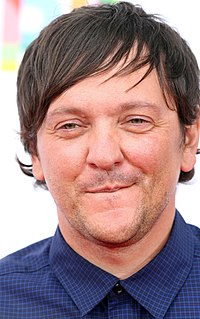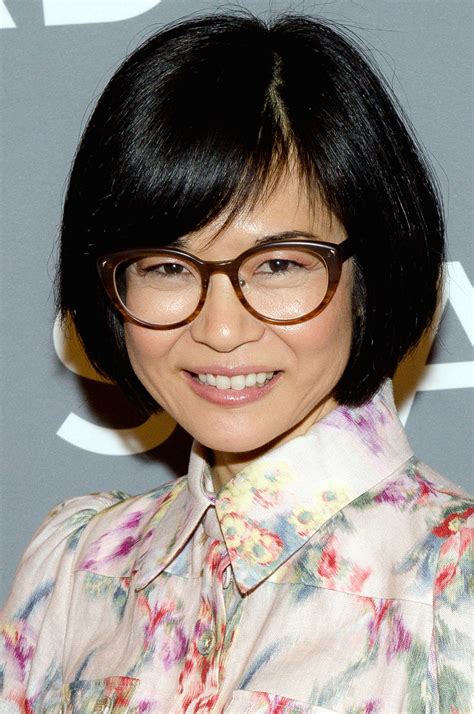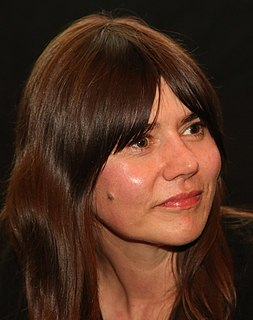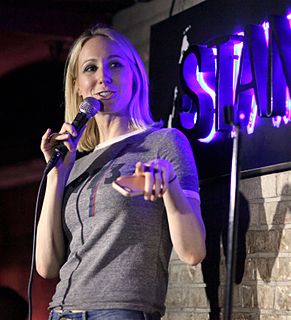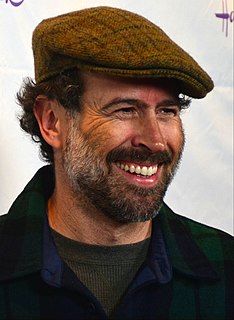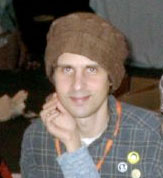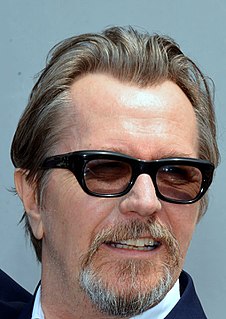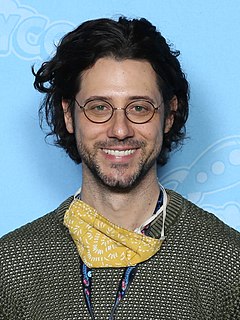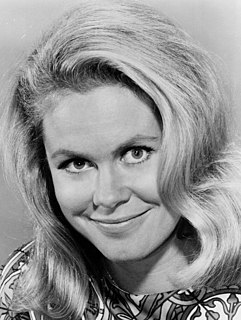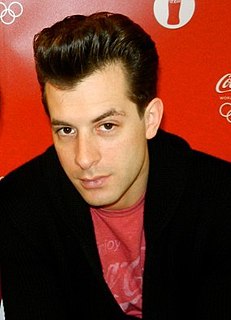A Quote by Owen Wilson
I remember working with Jackie Chan on Shanghai Noon [2000], and when we were working on the script, I thought that my character thought about being an outlaw the way a kid today would think about being a rock star, as a way to impress girls. So it was just kind of a funny idea, but once we had that idea, it changed the character and made it something that was funnier to me to play.
Related Quotes
I started doing comedy just as myself, because I thought, "This is what's expected, you're meant to tell stories and do observations." And then I started to realize that I wanted to mix it up a bit, so I started to doing songs, and I had a little keyboard onstage and would bring in little props. Then I thought about the idea of talking about a character and becoming the character onstage. So, it sort of morphed into being stand-up that was more character based, and I found that's the stuff I got the better reaction from and was more exciting for me.
I wanted to make a film about anorexia. I thought about it for a long time, but then gave up on this idea as I felt that this theme would be so hermetic and closed that it would not reach an audience. However, the plot about the character of Olga and the idea that a body has a lot of different meanings were still present in my mind.
You have a certain objectivity, as a member of the audience, and you can come away maybe being provoked into a certain discourse or a certain arena of questioning, regarding how you would deal with things that your character has to deal with. Whereas when you're doing a film, once you start asking, "What would I do?," you're getting the distance greater between yourself and the character, or you're bringing the character to you, which I think is self-serving, in the wrong way. The idea is to bring yourself to the character.
Punk rock was the first thing I found in my life that made me feel acceptable. The thing that got me into punk rock was the idea, "You're fine just the way you are." It sounds kind of dorky, but you don't have to make excuses for who you are or what you do. When you find something like punk rock, not only is it okay to feel that way - you should embrace your weirdness. The world is totally messed up, and punk rock was a way to see that and work with it without candy-coating it. It was saying, "Yeah, the world is this way, but you can still do something about it. Take energy from that."
One of my career ambitions was fulfilled working with John [Hurt]. I loved his work long before I ever had the idea of being an actor, so I was nervous to meet him. I was like a fanboy, like that annoying character on 'Saturday Night Live'. I'm sitting there. 'Do you remember when you were in 'Midnight Express'? Remember that scene you were in?' And he doesn't disappoint.
I grew up loving fantasy, adventure, and children's book series. At the time, I was in a place in LA where I wasn't working and I kind of thought to myself, "What do I really want to do? Like, what kind of role would be really exciting for me?" And I sort of thought about being in an adventurous, magical, fantastical world and a character that was powerful and sophisticated and perhaps even a dandy, that might have even passed in my head, and then I got an audition for the show ["The Magicians"] shortly after.
So when I was working with Amy Winehouse on "Back To Black," you know, she had all these beautiful songs, incredibly well-written and just her on an acoustic, nylon-string guitar. And she'd play them for me, and then I would kind of drum up my idea of what I thought - make a demo with what I thought the drums should be doing, the guitars - like, quite a crude demo.
To be honest, I would have to say that there was a certain burden in working with Arnold, a big action star. I am aware that Arnold is loved by the American audience, but rather than focusing on working with Arnold, what I focused on was expressing the character, Sheriff Owens, through Arnold the actor and knowing that Arnold and my idea about Sheriff Owens coincided and that it was about Owens protecting a certain value and justice, I focused more on that aspect that helped me to be more comfortable in working with Arnold.

